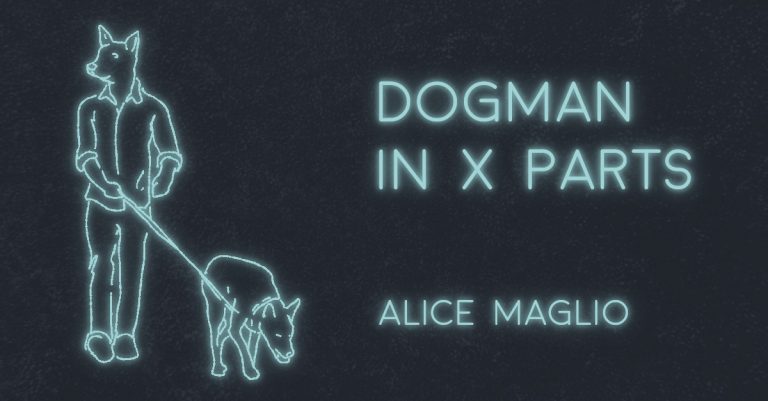
DOGMAN IN X PARTS by Alice Maglio
Nightstand condom: faint red on latex. Dogman is peeing. I contemplate my residue. Nothing violent about it, just a swift move at an awkward angle. Only now I realize there must be a tear.

Nightstand condom: faint red on latex. Dogman is peeing. I contemplate my residue. Nothing violent about it, just a swift move at an awkward angle. Only now I realize there must be a tear.
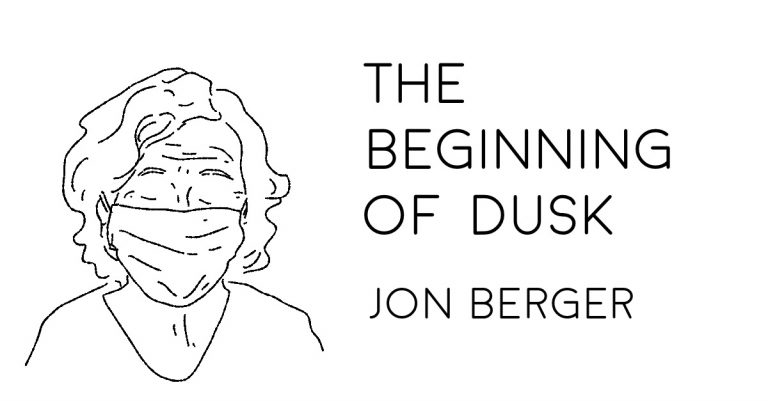
Back in high school Jared would come to our lunch table and say the craziest shit to get a laugh out of everyone. We would egg him on and tell him to go to other lunch tables and say the same vile shit.
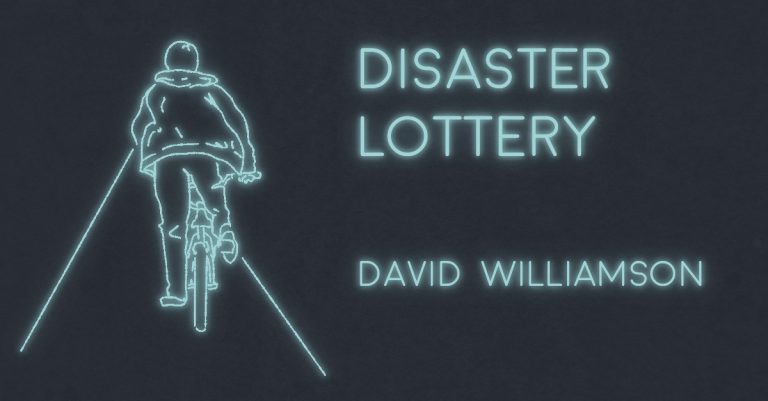
A few years back when I’m twelve and old enough to be alone at home while my parents leave and stay out late, I find some cigarettes and smoke them in the house, then I take two sips each from all the liquor bottles we have in the house, and then I get hit over the head with a premonition that my mom and dad are never coming back home. I move to the front window, the one that I can see the farthest down the road, and I stare out the glass and watch for their car. I focus
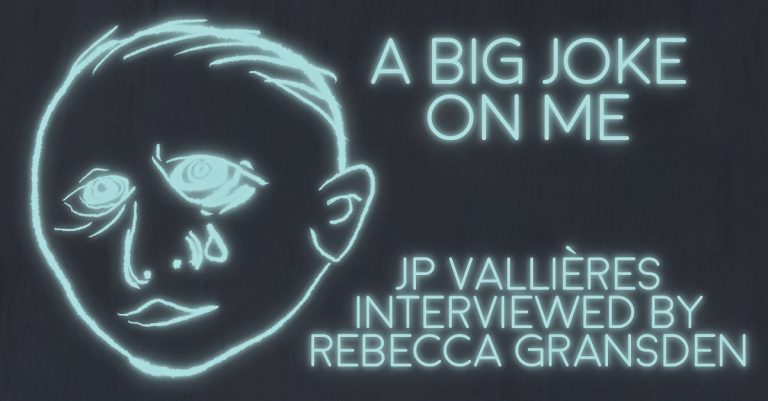
Growing up I was taught that sacrificing oneself for another was the highest form of love. Who wouldn’t want to prove their love for the person they love most?
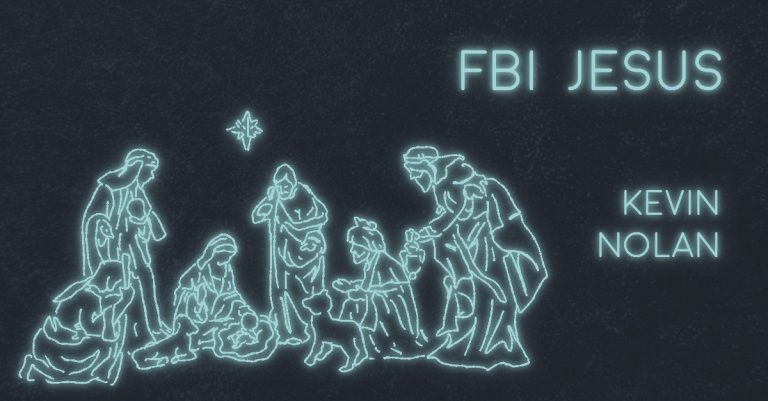
You remember not really understanding the true meaning of Christmas and not worrying for a moment about your ignorance. It didn’t matter. No one ever checked if you knew.
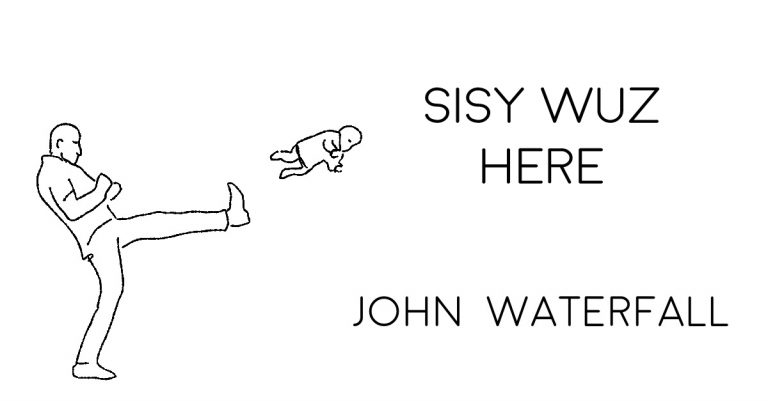
The baby never wakes up, no matter how high he throws it, how far he punts it into the strange lunar twilight of Hell. No, it never stirs, despite the whirls and twirls. Through the chops and knocks, baby sleeps on.
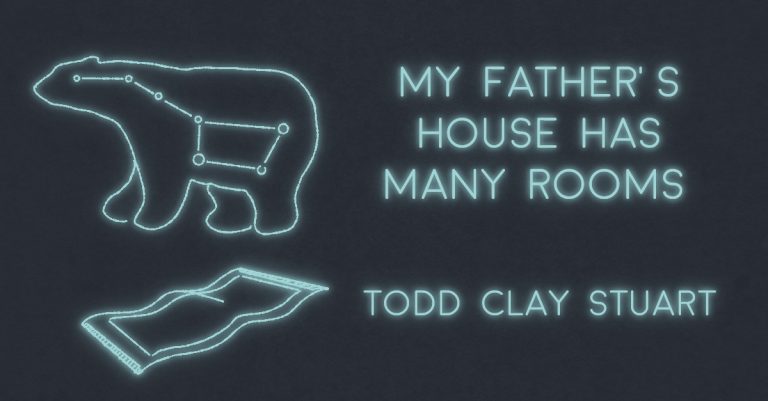
1.
The master bedroom is on the first floor. It has five walls: four of plaster and one of fire that engulfs our mother. We have been told this violates National Fire Protection Association codes and standards.

That’s the best thing about film, or novels, that soup of experience that swamps you, that isn’t your usual, or known experience, your lived experience.
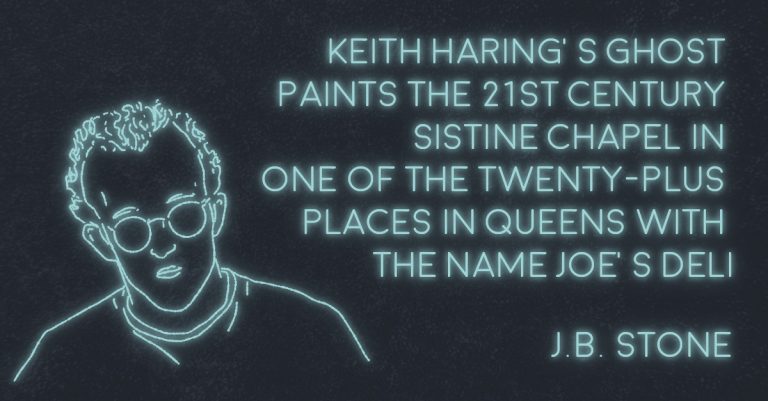
He wasn’t afraid to crack a grin, in the most colorful sweater, a bejeweled crown atop his head, raising a glass of his favorite cocktail to let the world know he is still kicking it, even in death’s hallows.
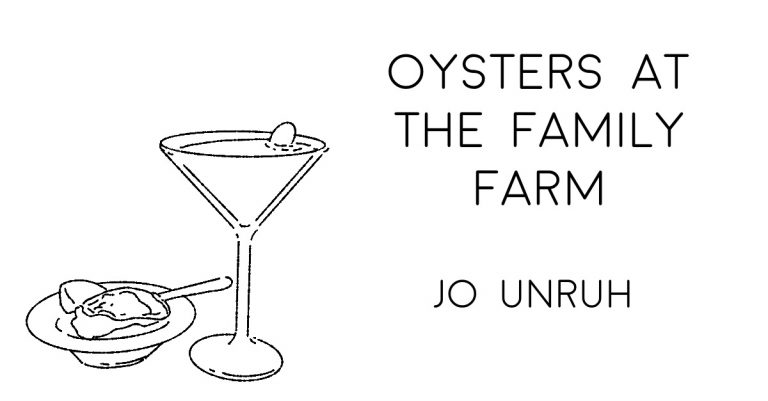
The old say to the young: 𝘵𝘩𝘦 𝘸𝘰𝘳𝘭𝘥 𝘪𝘴 𝘺𝘰𝘶𝘳 𝘰𝘺𝘴𝘵𝘦𝘳. And when the old men speak these words, they are sincere, because the world has been delivered unto them, and the world is now theirs to bestow.
